The US-ROK Alliance at 70: The Outlook After the Washington Declaration
Submit a question
In the aftermath of successful state visit by President Yoon Suk Yeol, which included the issuance of the Washington Declaration intended to strengthen extended deterrence, the Korea Center and the East Asia Foundation hosted a special forum with members of the Korean National Assembly and the US Congress and other experts on the outlook for the US-ROK alliance for the next 70 years.
The 70th anniversary of the US-ROK alliance comes as North Korea continues to accelerate the development of its WMD program. In response, Presidents Biden and Yoon issued in April the Washington Declaration deepening ROK-US cooperation on nuclear deterrence while reinforcing South Korea’s commitment to the nuclear Nonproliferation Treaty. Will the Washington Declaration succeed in reassuring South Koreans about the US alliance—or will South Korea feel compelled to take further steps to defend itself against the growing North Korea threat?
That is only one of many pressing issues that confronts the alliances at this critical juncture. The two countries must grapple not only with other important security issues—such as the implications of Russia’s war in Ukraine--but also the economic fallout from the growing US-China rivalry, which has highlighted the need to safeguard both countries’ supply chains for critical components. Despite multifaceted efforts by the US and South Korea to cooperate on economic issues, including the Chip 4 alliance and Indo-Pacific Economic Framework, the prospects for the current approach of deepening economic integration remain unclear. How can both nations ensure their economic security while maintaining their critical trading relationships with China?
This conference examined both the security and economic issues that will shape the US-ROK alliance in the years ahead.
Please click on the word "agenda" above for a detailed schedule.
Introductions

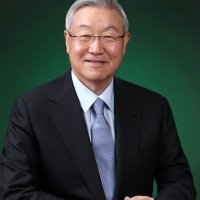

Keynote Speaker

Moderators
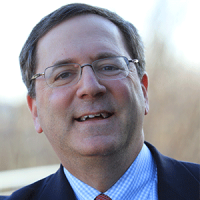
White House and National Security Correspondent and Senior Writer, The New York Times.
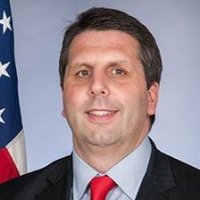
Panelists



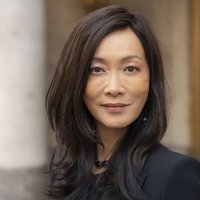

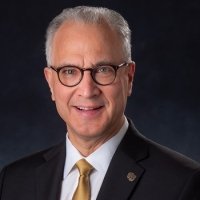
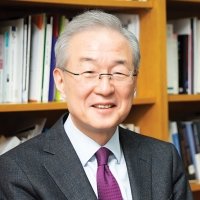

Hosted By

Hyundai Motor-Korea Foundation Center for Korean History and Public Policy
The Center for Korean History and Public Policy was established in 2015 with the generous support of the Hyundai Motor Company and the Korea Foundation to provide a coherent, long-term platform for improving historical understanding of Korea and informing the public policy debate on the Korean peninsula in the United States and beyond. Read more


Indo-Pacific Program
The Indo-Pacific Program promotes policy debate and intellectual discussions on US interests in the Asia-Pacific as well as political, economic, security, and social issues relating to the world’s most populous and economically dynamic region. Read more
